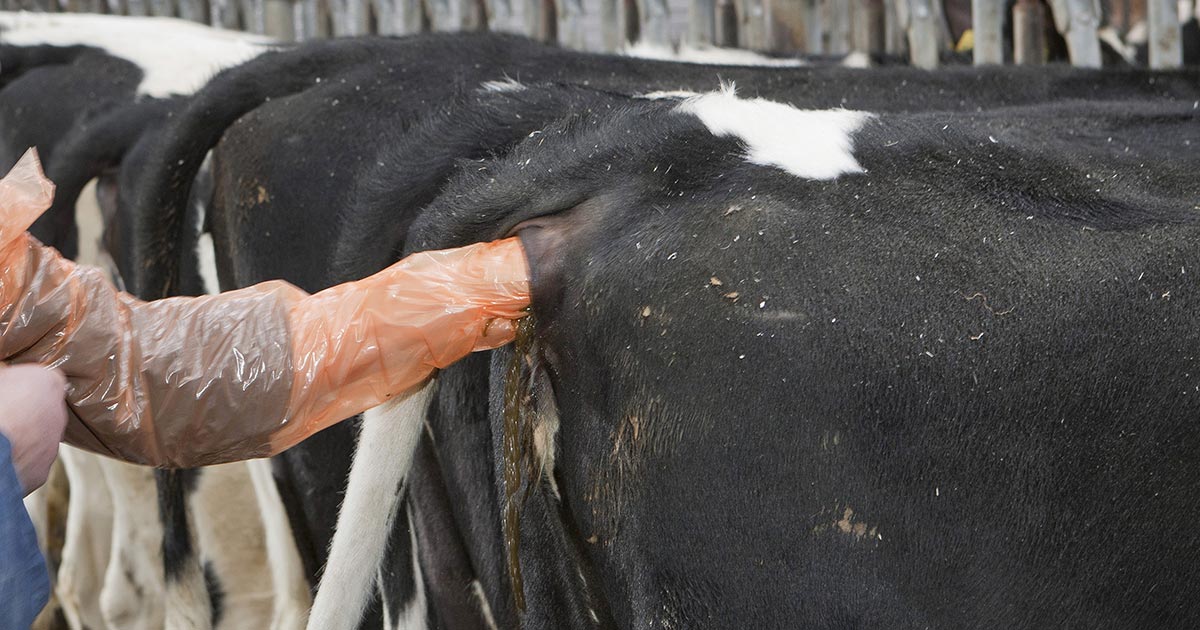With first year on the horizon in the midst of a world that is far from the normal we knew, some newbie vets are bound to be feeling nervous at the prospect of a fresher’s year like no other.
Having spoken to a number of students due to begin their vet journeys later this month, I thought I would address some of their specific concerns, and offer advice and comfort to anyone out there who might need it.
Fear #1: loneliness
I think every first year is worried about making friends and fitting in, so, when socialising is legally restricted, it’s only natural for those worries to intensify.
For any students who had their heart set on midnight raves seven days a week, I’m not sure I can offer much in the way of a solution. However, I would like to say that I managed to make several good friends before even moving into halls.
Social media made it possible to connect with people from my course and accommodation far in advance of the start of term – and some of those early connections went on to form long-lasting friendships after meeting in person.

Get connected
If you’ve yet to find an online group like that at your university then I encourage you to have another look. Whether you want to connect with course mates, room-mates or people who enjoy the same activities as you, I promise, your people are out there waiting for you to find them.
If you’re not the most socially inclined person, it can be easy to feel isolated at the best of times, so I implore you to take advantage of every online resource your university has to offer.
Community
First years I’ve spoken to have worried about the lack of group learning and practicals because they already know the value of teamwork in the veterinary industry. Studying with friends is an incredible tool, and a strong sense of community is one of the defining features of every vet school.
Although your social bubble will of course be no substitute for a lecture hall of 150 people, it is no lie that most students make their best friends on the first day with the person sitting next to them.
Fear #2: mental health
The veterinary course can be intense and highly demanding – both mentally and emotionally. It’s why this course and profession have higher incidences of depression, anxiety and suicide than almost any others.
The general uncertainty surrounding local lockdowns can make visits home to family and friends to recuperate and unwind challenging or impossible – especially to foreign students who may already feel isolated.
It has never been more important for the veterinary community to rally around and support one another. We are all in the same boat – from first years, to lecturers, to vets out in the field. All of us are a little uncertain, but we are strongest when we work together.
Fear #3: access to learning resources
I’ve spent many an hour studying cadavers of all sizes at length in the lead-up to an exam, or simply when I just couldn’t wrap my head around something. I know from first-hand experience that sometimes looking at something on a computer screen just isn’t the same, and when it comes to the vet course, there’s no better way to learn than hands-on, up close and personal.
I must have had tens of hours’ worth of lectures about the bovine reproductive tract and how to perform a rectal exam, but I think I learned more in 15 minutes with my hand inside a rectum than I did in all of those lectures combined.

No substitute
There truly is no substitute for live instruction, so it is incredibly important for all vet students to make the most of all the face-to-face content their university can provide.
Taking the time to study the content beforehand can be extremely helpful for this. Not only do you (hopefully) know enough to understand what you are looking at (a leg versus an arm, for example), but you’re also more aware of what you really don’t understand and can perhaps prepare some questions in advance.
Just ask
Take advantage of any personnel on hand when you have them – don’t be too anxious to ask questions or raise your hand because you’ll be kicking yourself when you’re trying to discover those answers on Google and it tries giving you recipe ideas when you look up the parts of a chicken wing.
Of course, I don’t have all the answers. If you are worried, unsure or have any questions about how the vet course is evolving then, regardless of the year you are in, email or call into your vet school to help put your mind at rest.

Leave a Reply